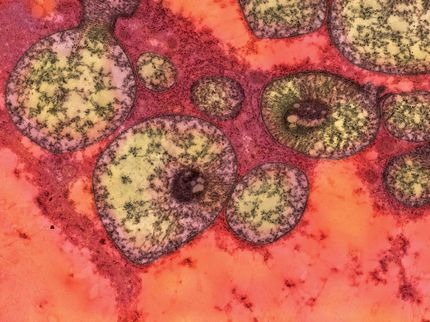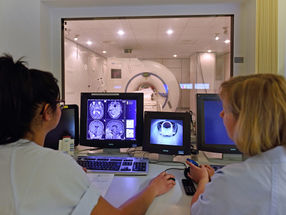TGen and Scottsdale Healthcare discover new 'pathways'
Computer simulations validate treatment targets for lung cancer
Advertisement
Using computer modeling, the Translational genomics Research Institute and Scottsdale Healthcare have discovered lung cancer 'pathways' that could become targets for new drugs, according to a scientific paper inn the Journal of Thoracic oncology .
Dr. Glen Weiss, Director of Thoracic Oncology at TGen Clinical Research Services (TCRS) at Scottsdale Healthcare, said the study showed the value of conducting computer modeling, or "in silico" research. TCRS is a partnership of TGen and Scottsdale Healthcare. The partnership allows molecular and genomic discoveries made by TGen and others around the world to reach the patient bedside in the Virginia G. Piper Cancer Center at Scottsdale Healthcare as quickly as possible through clinical trials with agents directed at specific cancer targets. Researchers hope that over time in silico research will help lower health care costs while speeding up the process of turning scientific discoveries into treatments for patients.
"There are pathways that you can identify just from an in silico analysis. And we can use these types of tools to explore treatments for patients, down the road,'' said Dr. Weiss, an Associate Investigator in TGen's Cancer and Cell Biology Division and the senior author of the paper.
The study used publicly available data sets, searching for connections that may have been previously overlooked.
"Within those datasets, there are common pathways. We point out some examples that provide some proof-of-principle from the in silico search,'' said Dr. Weiss, who was joined in his research by TGen's Dr. Chris Kingsley and by Dr. Anoor Paripati of the Scottsdale Clinical Research Institute at Scottsdale Healthcare.
As an example, the study cites one particular signaling pathway, Wnt/ß-catenin, that could be targeted by two drugs, vorinostat and dasatinib, both of which are under study in clinical trials.
"This is an exploration of the publicly available data sets in an attempt to answer a new question. It shows that you can look at pathways and identify targets. We did our validation by looking at what's been tested, or what's available already,'' Dr. Weiss said.


























































